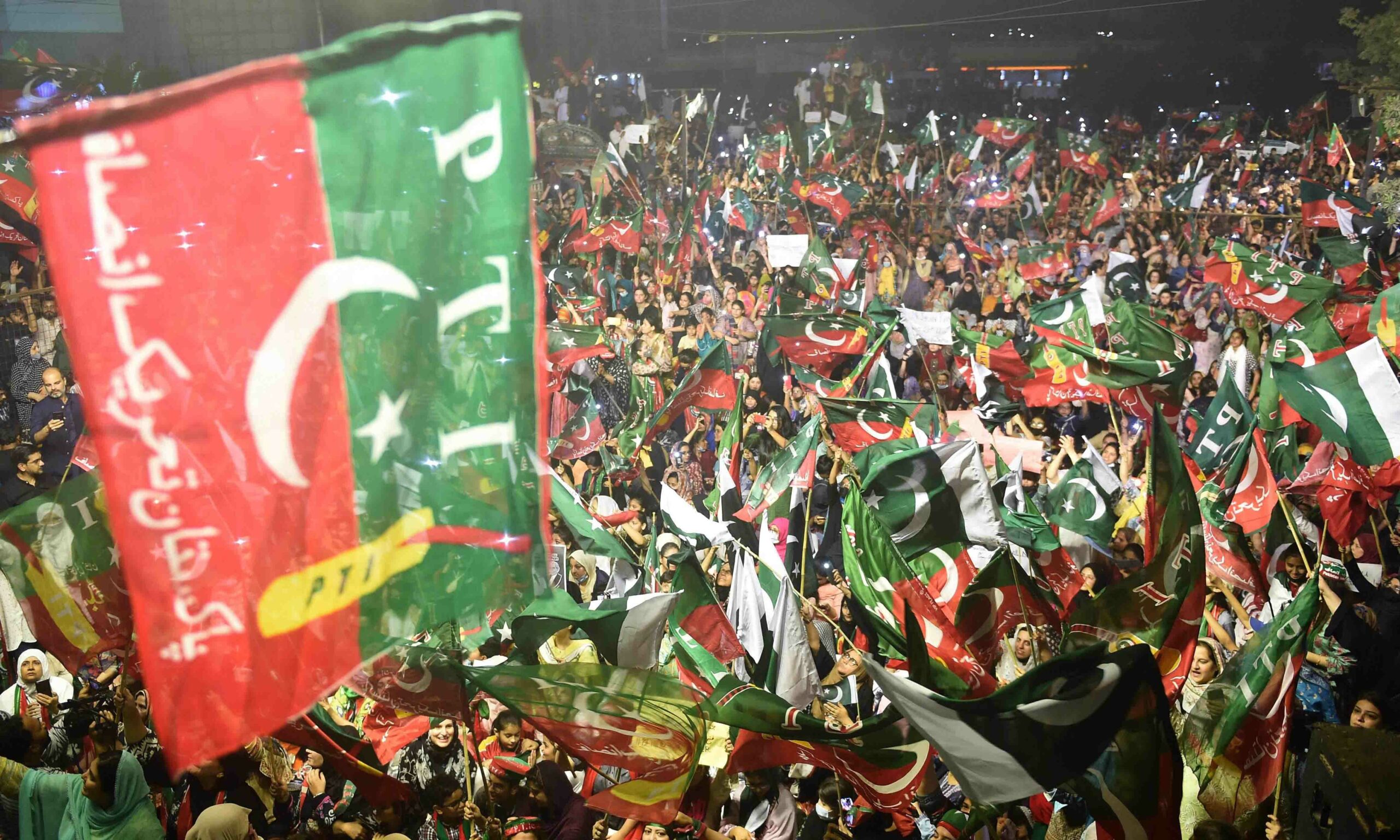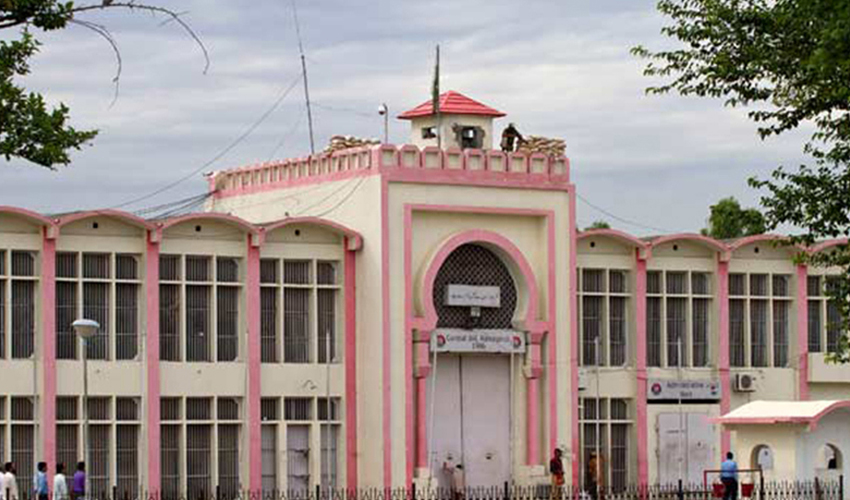Tahir Maqsood Chheena
Pakistan is facing a serious political shift in Khyber Pakhtunkhwa. Political pressure, arrests and a visible absence of PTI’s top leadership have pushed many workers and local leaders toward emotions that were once associated mainly with the Pashtun Tahafuz Movement. These emotions are no longer fringe. They are entering the centre of KP’s political behaviour and reshaping how people view the federation.
PTM never enjoyed overwhelming electoral success. Yet its core grievances, including concerns about state excesses, unresolved questions of representation and long-standing complaints against the centre, always existed under the surface of KP society. Today, PTI’s supporters are absorbing the same sentiments as a reaction to political pressure. This shift is not ideological. It is emotional, driven by repression and force.
Follow Republic Policy YouTube
A mainstream federal party embracing regional grievance politics is dangerous for the state. PTI was once the country’s largest federal political force. Its weakening carries a heavy cost for national cohesion. KP already faces economic hardship, terrorism threats, border tensions and long-term governance challenges. When a political vacuum appears, regional narratives grow faster than before.
The most serious issue is the federal government’s handling of political dissent. Treating opposition as an enemy has created an impression inside KP that the centre wants to dismantle a popular national party. The arrests, pressure and forced restructuring of PTI have convinced its workers that the federation does not provide space for democratic competition.
Follow Republic Policy Facebook
KP has long been viewed mainly through a security lens. This approach left little space for political engagement. When governments rely only on force, they ignore the need for political representation, dialogue and inclusion. This creates mistrust. It encourages the rise of alternative identities and narratives.
The emerging PTM-like emotions inside PTI workers are therefore not just a party matter. They are a national challenge. KP is a sensitive province. Public emotions spread quickly. Reactions to state actions are sharp. A federal party converting into a regional resistance movement threatens unity at the national level.
Follow Republic Policy Instagram
A strong federation needs political inclusion. It requires dialogue, trust and space for dissent. The state cannot maintain stability by force alone. KP’s youth and political workers need to be heard. Their concerns about representation, rights and federal fairness must be addressed through institutions, not repression.
Follow Republic Policy WhatsApp Channel
To restore political normalcy, the federal government must re-open democratic pathways. Political parties should be allowed to function freely. Elections must be transparent. Civilian institutions must be empowered to manage political competition instead of security frameworks. Only then can the federation prevent the rise of deeper alienation.
Political reconciliation is not weakness. It is the foundation of national strength. KP needs economic development, jobs, peace and investment. These goals cannot be achieved if political mistrust continues to grow. The more the political system restricts participation, the more space regional narratives gain. This undermines unity at a time when Pakistan cannot afford further fragmentation.
The state should recognise that force-driven policies always generate unintended outcomes. When political actors are pushed out of the national structure, they search for alternative avenues of expression. In KP, this means moving closer to identity-based narratives. This does not strengthen democracy. It weakens the federation.
The current situation is a warning: suppressing a national party in KP is transforming the province’s political landscape. The longer this continues, the harder it will be to bring workers back to mainstream federal discourse. The federation must protect political rights rather than restrict them. Only a democratic environment can absorb anger and prevent its transformation into hostility.
Pakistan stands at a crossroads. One path leads to dialogue, inclusion and political maturity. The other leads to deeper alienation between centre and province. To protect national unity, the state must choose the first path. KP’s people deserve dignity, voice and respect. A responsive federation, not a coercive one, is the only way forward.
















